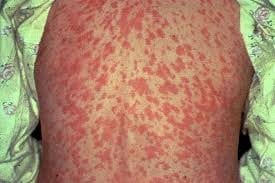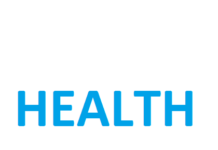FRASER Health is taking steps to ensure children are protected from measles as part of the provincial Measles Immunization Catch-up Program. As cases of measles continue to be identified in the Lower Mainland, it is providing an opportunity for unimmunized and under-immunized children to get vaccinated.
The program runs from April through June 2019. Fraser Health is arranging over 150 community and school-based clinics throughout the region to ensure children are fully immunized against the measles virus.
All students who do not have up-to-date measles vaccinations can be immunized at community-based measles immunization clinics. Some students will be provided the opportunity to receive any missing measles vaccines at school-based clinics, either in their school or a neighbouring school. More information, including a list of community based measles clinics can be found at www.fraserhealth.ca/
Fraser Health has been working with school districts across the region to keep parents and children informed. It continues to review student records to determine who is fully immunized. Students are already receiving letters if they are not up-to-date or have not reported they have received the measles vaccine. Letters provide instructions on where and when a child can go to receive the vaccination. We have over 90,000 student records to review and assess. Due to this large volume of students, this work will continue through the coming weeks.
If a child was immunized by someone outside of Fraser Health Public Health, such as a family doctor, nurse practitioner or pharmacist, parents are encouraged to email their child’s immunization record directly to Fraser Health at www.fraserhealth.ca/
Measles
Measles is a highly infectious disease that spreads through the air. Close contact is not needed for transmission. The disease can also be spread through sharing food, drinks, cigarettes or kissing an infected person.
Symptoms of measles include fever, cough, runny nose, and red eyes, followed a few days later by a rash that starts on the face at the hairline and spreads to the chest. Complications from measles can include pneumonia, inflammation of the brain (encephalitis), convulsions (seizures), deafness, brain damage and death. An infected person can spread measles before knowing they have been infected. People are infectious to others from four days before to four days after the onset of rash.
For more information on measles visit Fraser Health’s website.













